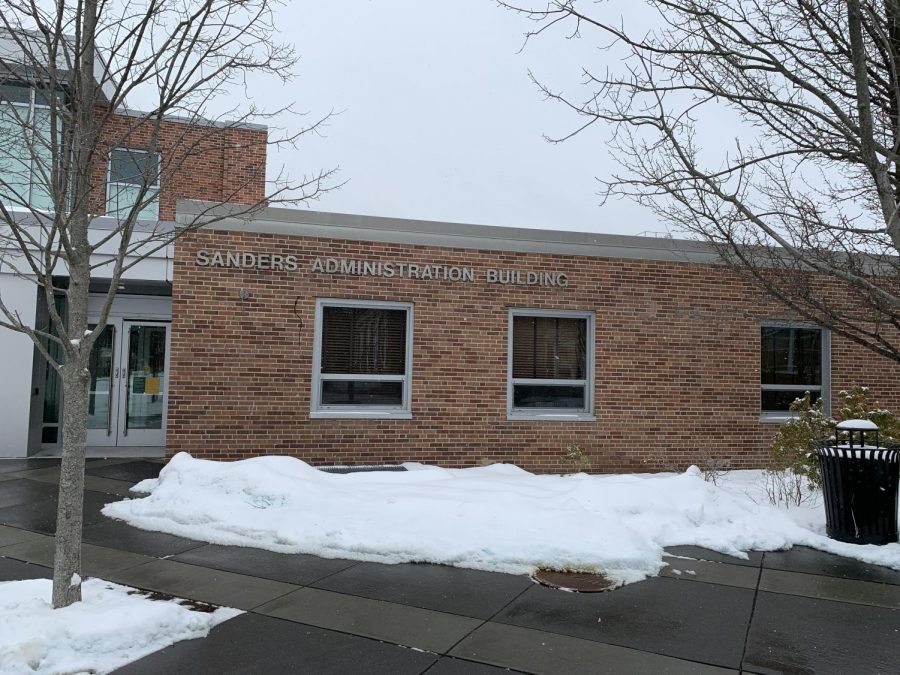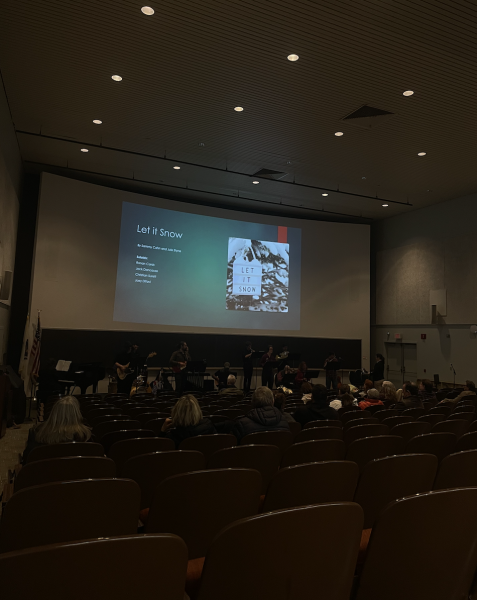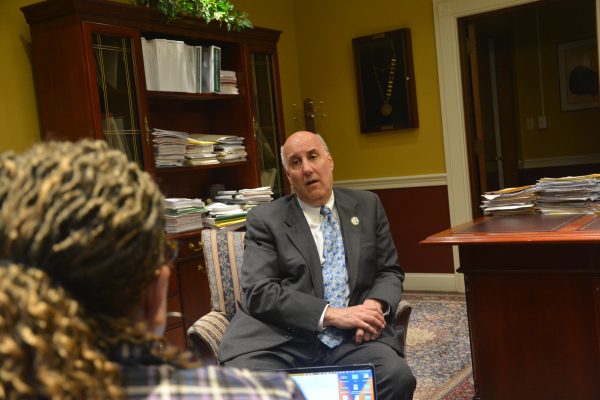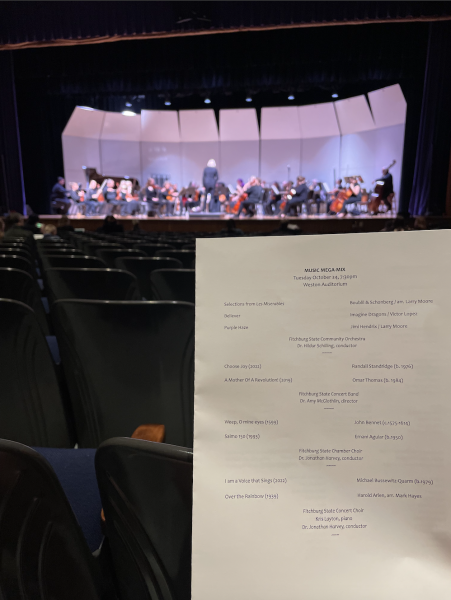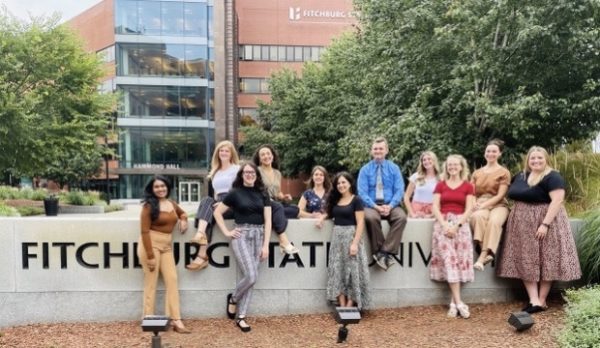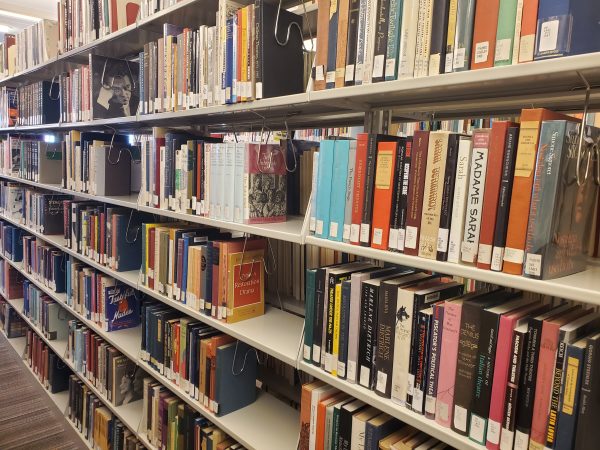Fitchburg State Announces Tuition Freeze
February 23, 2021
– Lorenzo DeMalia
Fitchburg State President Richard Lapidus announced that the university will be freezing undergraduate tuition and fees for the 2021-2022 academic year. Lapidus sited wanting to avoid passing on the financial burden that the COVID-19 pandemic has caused onto students and their families.
Fitchburg’s decision follows the trend set by other universities across Massachusetts that have also issued tuition freezes over the past year with the University of Massachusetts Board of Trustees having previously issued a tuition freeze for the 2020-2021 academic year. Framingham State University also issued a tuition freeze and housing rate freeze this past December.
“Access and affordability are central to Fitchburg State’s mission,” Lapidus said in an article published on the Fitchburg State website about the tuition freeze. “Our commitment to keeping costs flat reflects that dedication to keeping higher education within reach for students and families, especially at a time when so many have been hard-hit by the COVID-19 pandemic.”
Currently, Fitchburg State’s tuition and fees cost $10,565 per year for a commuter, $16,645 for an out of state commuter, $21,627 per year for a resident, and $27,707 for an out of state resident. Since 2012, FSU has consistently raised it’s tuition prices every year. In 2012 it cost $8,300 to attend FSU for a year, and now it costs at least five figures, which goes against FSU’s goal to keep costs flat and higher education within reach of students.
There are also side effects to a tuition-fee freeze that still directly impact the student. When the UMass system announced their tuition freeze, they cut 6% of their full time equivalent workforce. Roughly three in every ten UMass employees were expected to be affected, on top of facing reduced spending supplies. Another 1,125 student and temporary positions were also cut, as well as 790 full time positions being left unfilled, and 3,000 other employees faced furloughs.
While FSU has not publicly released any official layoffs, last fall the university announced faculty furloughs. However, after being faced with union questions and scrutiny the proposal was withdrawn. Using UMass as a precedent, tuition freezes seem to come with negative side effects, including layoffs, as well as budget cuts to student resources.
Fitchburg State currently has “Affordability” listed as one of their core goals on their official website, stating that “Providing opportunities for students of varying socioeconomic backgrounds to pursue an affordable, quality education.”
With FSU’s administrations previously mentioned attempt to furlough staff members, the new tuition freeze raises questions about where the financial burden will be shifted to. One of Fitchburg State’s selling points is its community, and how its small classrooms help foster an intimate learning environment between students and faculty. Reduced staff would mean increased class sizes, as well as fewer advisors and resources that are an essential part of higher education at FSU. This would greatly jeopardize their core value of providing a “quality education” to all students.
Fitchburg also stresses providing students with an “affordable” education, however 74% of incoming students take out a loan entering their freshman year. Overall, 65% of undergraduates at FSU wind up taking out federal student loans to help pay for their education. That means that the university is rapidly becoming less and less “affordable”. This is a result of Massachusetts reducing it’s spending on higher education. For the past twenty years, spending on higher education has decreased by 32% per student in Massachusetts. With the state neglecting higher education, students have been forced to bear the load. Since 2001, average tuition and fees at the state’s four-year public colleges have more than doubled.
The entire higher education system is dealing with this problem of affordability. College enrollment rates are down 26% across the country in the past decade. From 1970 until 2010 college enrollment increased 67.1% in the state of Massachusetts, and from 2010 to 2020 they decreased 1.57%. More and more, people are choosing to avoid college because they can not afford to go. The average public university attendant borrows $30,030 to attain a four year bachelor’s degree.
Student loan debt is a major reason for this drop, with over $1.71 trillion dollars in student loan debt in the United States. Currently, student loan debt is growing six times faster than the U.S economy and that number continues to increase. This has especially affected students attending state universities in Massachusetts, including FSU. Data shows that from 2004 to 2016, the average debt per graduate from a Massachusetts four-year public college grew by 77 percent, this was the second highest of any state during that time period. The only state with a higher increase was Delaware. This may be a reason why 33.4% of MA residents choose to go outside the state to attend college.
The decrease in attendance has caused universities to raise their tuition-fees to accommodate for the lack of volume. This increase in tuition is making higher education less and less accessible for the middle to lower class. In turn, this causes students to take more loans out or to simply forgo college altogether, creating a cycle of implosion that is the current state of the higher education system in Massachusetts and the U.S as a whole.
The COVID-19 pandemic has shined a spotlight on the student loan problem, and has also made it much harder for those with loans to pay them off. The nationwide total student loan debt balance increased 8.28% in 2020, the highest increase in a single year since 2013. Halfway through 2020, over 11% of adults with student loan debt had missed at least one student loan payment due to their financial struggles.
For students in college and attending FSU, a tuition freeze on the surface is a welcomed sight. However, if a tuition decrease or at the very least flatline doesn’t follow it up then then it merely acts as a bandaid for a much larger issue. That Fitchburg state and colleges across the country are becoming more expensive, and far less accessible. Until something changes, the trend that has occurred over the past decade will continue to grow.


